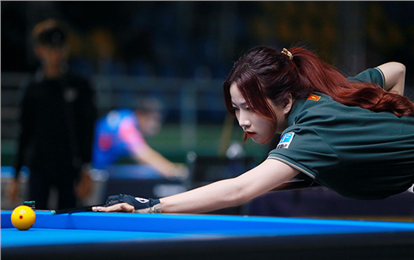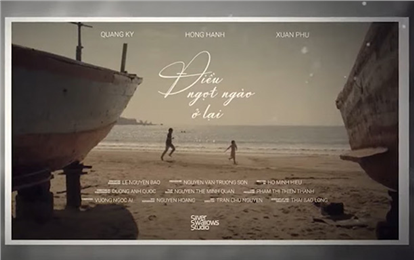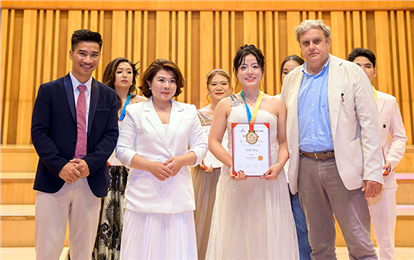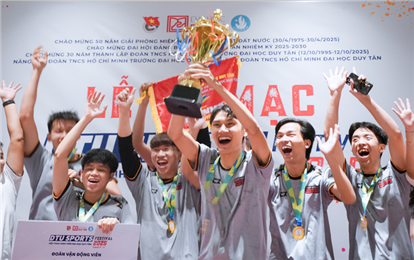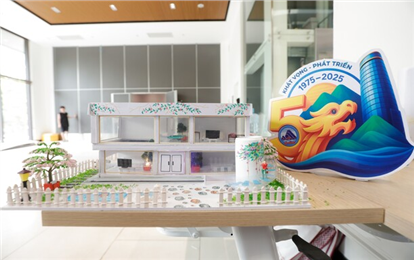Extra - Curricular
Cultural Exchange Event on Japanese Culture - Understanding Kendo and Awa Odori Dance
The traditional culture of the Land of the Rising Sun has always been incredibly fascinating, drawing the attention and interest of people worldwide. Among them, the Japanese martial art of kendo and the traditional Awa Odori dance are particularly special due to the beauty and cultural significance of Japan. The cultural exchange event to learn about kendo and Awa Odori dance of Japan, held by the Vietnam-Japan Institute of Technology and Technology under DTU on April 14, attracted a large number of students.



The Kendo Club of Da Nang performed the traditional Japanese martial art of kendo at the exchange event
Participants in the Japanese Cultural Exchange Program included Dr. Yutaka Hirai - Advisor to the Vietnam-Japan Institute; Ms. Tôn N? Minh Châu, Director of the Language and Culture Center of Japan; Ms. Kutawa Emiko, Japanese language lecturer; Ms. Nguyen Thi Thuong, Specialist and lecturer at the Vietnam-Japan Institute; and Mr. Phan Le Ngoc Duy, Representative of the International Cooperation Office. The event was also honored by the presence of guests such as Mr. Suzuki Shinobu, General Director of Toyota Okayama Company in Da Nang, President of the Kendo Club in Da Nang and an accompanying delegation of 11 members. Additionally, Mr. Murase Seiji demonstrated and instructed the Awa Odori dance. Mr. Murase Seiji is a veteran Japanese language teacher who has volunteered to teach Japanese to DTU students under the JOOSS Program. Returning to Vietnam in 2023 after volunteering in Germany and Poland to teach Japanese and promote culture, he has shown great interest and desire to support the programs of the Vietnam-Japan Institute under DTU.

Representatives of the Vietnam-Japan Institute took commemorative photos with guests and DTU students at the exchange event
Ms. Tôn N? Minh Châu, Director of the Japanese Language and Culture Center, shared: " I believe students will find extremely exciting and enjoyable participating in this activity. It helps students gain more knowledge about Japanese culture, have the opportunity to improve their Japanese language skills, and also serve as a foundation for connecting with Toyota Okayama Company, expanding development opportunities for students in future directions. Through the culture of kendo, students will gain further understanding of rituals, 'the way of the sword', perception, calmness, and discipline applied in all aspects of life."
During this cultural exchange event, students were very interested in the information about the Awa Odori dance shared by Mr. Murase Seiji. This is one of the largest and most famous festivals in Japan and has become a fascinating cultural feature here with many participants performing the Awa Odori dance. The characteristic of this dance is its rhythm, cheerful steps, flexibility, and liveliness. Mr. Murase Seiji directly performed the basic male and female dances on the stage of the exchange event. Many students also enjoyed participating in learning and trying out this dance under the guidance of Mr. Murase Seiji. With lively music, the joyful dance made the atmosphere at this cultural exchange event even more appealing, as students felt like they were experiencing this exchange event directly in Japan.
Moreover, today's cultural exchange event was also special as students learned more interesting facts about kendo - a traditional Japanese martial art. The delegation of 11 members and Mr. Suzuki Shinobu from the Kendo Club in Da Nang presented this art form directly at the exchange event. This is not only a form of martial arts but also a very good method of mental training. In addition to training combat techniques, Kendo also focuses on developing qualities such as patience, perseverance, respect for opponents, and the spirit of fair play. This makes Kendo a comprehensive form of martial arts, not only helping to train the body but also refining the spirit.
The Japanese Cultural Exchange Program of the Vietnam-Japan Institute is a very meaningful program. This is not only an opportunity for students to exchange and learn about the beautiful traditional cultural aspects but also a meaningful experience for students to understand more deeply about Japan in order to perform their future jobs well.
(Media Center)
Other News



